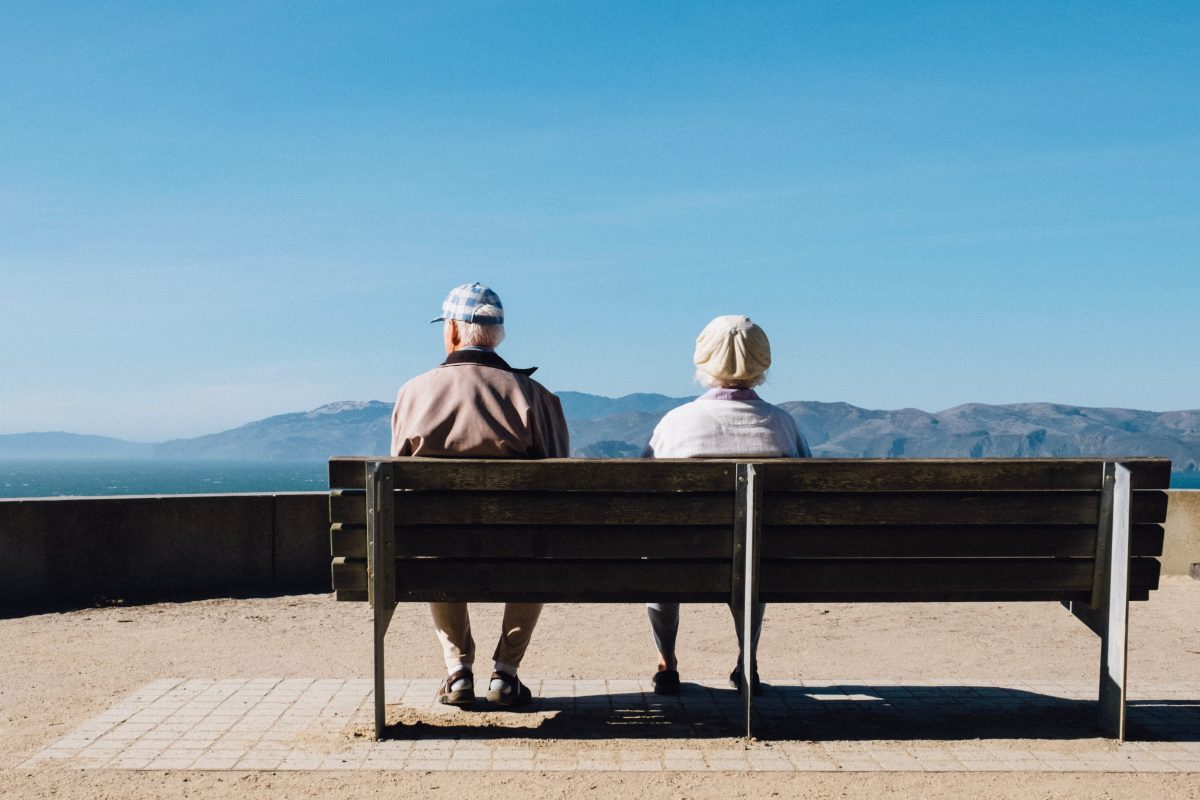People often claim to have a variety of needs which they sometimes struggle to meet. The more we understand our fundamental needs, the better we are equipped to live well.
The American psychologist, Abraham Maslow, conducted a research on the complexity of needs. In his 1943 paper “A theory of Human Motivation”, he developed a motivational theory called the hierarchy of needs. According to Maslow, people have five categories of needs: physiological, safety, love and belonging, esteem, and self-actualization.
No matter the age, our needs are important to our wellbeing as individuals. The needs of elderly people might be different when comparing to young people but are no less important. The difference is that, as we age, our healthcare needs are intertwined with social needs.
Let’s explore the needs of elderly people based on Maslow’s hierarchy of needs!
- At the age of emerging elderhood, the needs of individuals often need to be redefined. A needs assessment analysis based on age stages indicates that physiological functions decline with age; hence, addressing those needs is of primary importance.
- Aging is associated with an increase in regards to seniors’ safety needs. Seniors are capable of being independent but sometimes they need assistance to remain safe. Caregivers can create a safe living environment for them by ensuring that the place they live is adequately equipped with daily care facilities and accommodates their everyday needs.
- Sense of belonging is a central need in old age. Providing a senior with a sense of belonging is pivotal for that person’s wellbeing. Elder people are often afraid to lose their independence and being alone, so it is important for them to feel supported and cared for. What can caregivers do to alleviate their fear of social isolation and loneliness? Encouraging seniors to remain active in their interests and providing them with opportunities to participate in group activities can promote their active social life and eliminate their feelings of loneliness.
- Studies have shown that self-esteem begins to decline as people get older. Expected life changes can affect people’s feeling of emotional confidence due to the change of their socioeconomic status, social roles, and/or physical abilities. This might affect one’s self love and appreciation. To boost the self-esteem of the elderly, caregivers should constantly show them that they are respected and appreciated especially for the knowledge, experiences, and wisdom they have and share. The caregivers also need to deconstruct the negative images around aging by challenging the negative developmental pattern of self-esteem. This will lead elder people to have a more balanced view of themselves and thus, improve their self-respect and sense of accomplishment.
- Aging is strongly related to self-actualization! Older people have the need to feel fulfilled and accomplished. Caregivers can encourage elders in their journey towards self-actualisation and support their exploration towards new variations and meanings in life. For example, they can inspire elders to venture into new creative activities. A continual discovery of one’s self, fulfils the need of self-actualization. Creativity thus, can be an important tool to boost elderly people’s feelings of completeness, as this is skill is often associated with how creative one can be.

